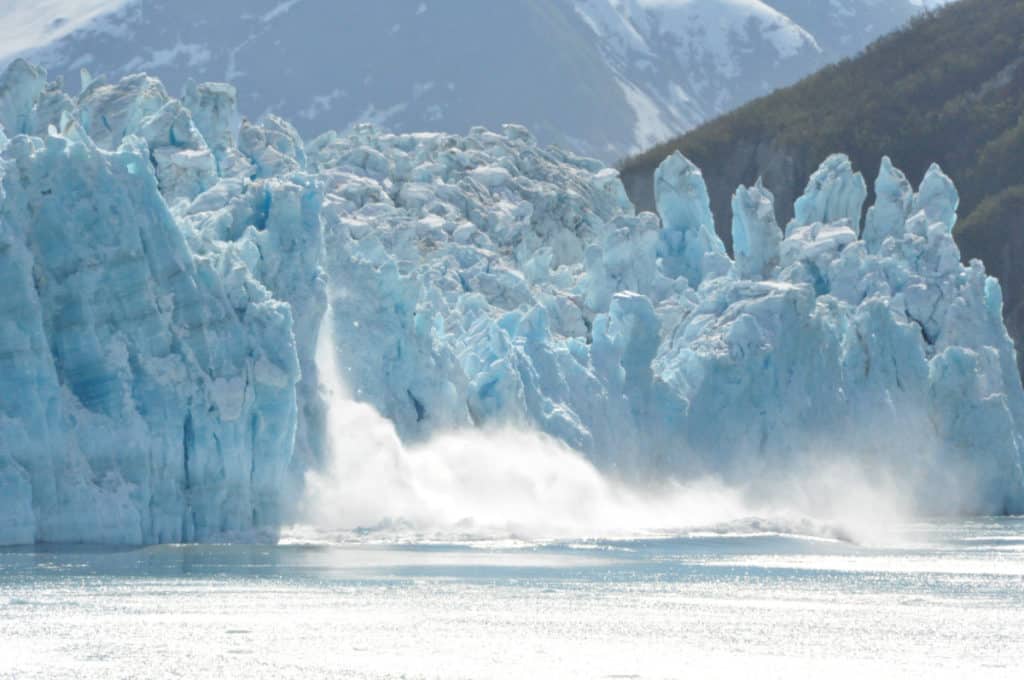A nine-day Antarctic heatwave occurred between February 4th and the 13th, 2020, which resulted in 20% of the season’s snow to melt. While this is not unusual in other colder regions like Alaska and Greenland during the summer, it is for Antarctica.
During this time, Antarctica experienced it’s hottest temperature ever. And by the end of it, huge pools of meltwater were visible on the exposed land. In fact, it is very likely that the meltwater will find its way into the ocean resulting in higher sea levels.
According to Xavier Fettweis, this is the largest contribution to rising sea levels of any summer in Antarctica.
The Heatwave Had the Perfect Conditions

To say that an Antarctic heatwave is rare is an understatement. Before the 21st century, they were simply unheard of. Since the dawn of a new century, none have lasted as long as this one.
This is all due to the perfect heatwave conditions being set up. This heatwave originated as a high-pressure system in Cape Horn in Chile. The high temperature was allowed to build up and began traveling.
Normally, Antarctica is protected by having strong winds that prevent these systems from moving in. But this time, the winds were weaker than normal.
As a result, the heatwave was able to make its way through Antarctica.
Rising Sea Levels Threaten Millions
The most serious problem with the Antarctic warming up is the effect it will have on the oceans. All of the melted ice and snow in the region have to go somewhere, and that place is the ocean.
For reference, the ice sheets in Antarctica contain enough water to raise the sea levels by 200 feet. This will take a very long time, but it will happen sooner if we stay at our current level of emissions.
This threatens any human, animal, insect, or plant that lives in a coastal region. If we do not change course, our planet is going to be a lot wetter.


